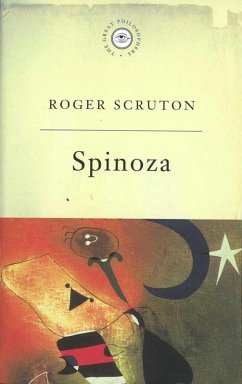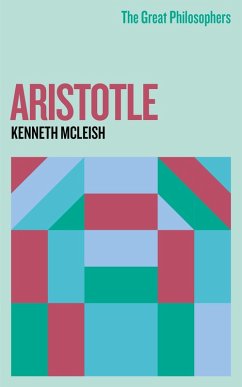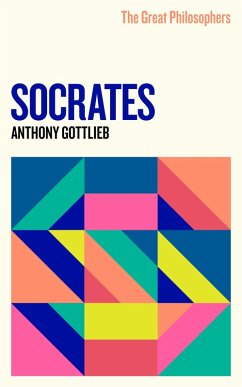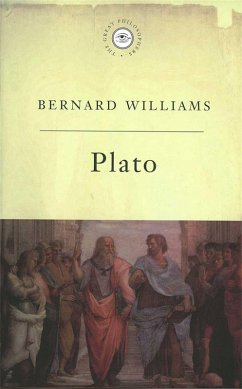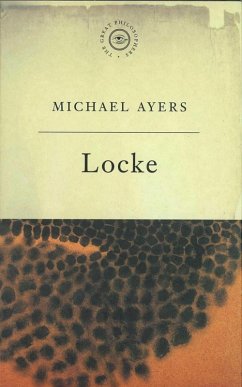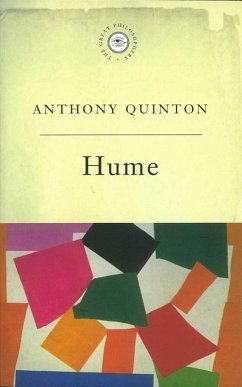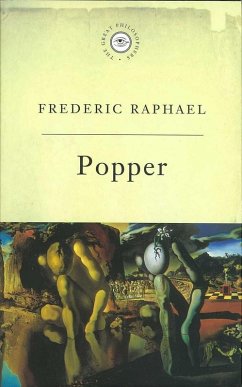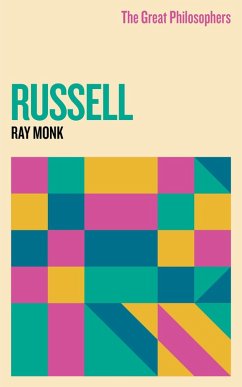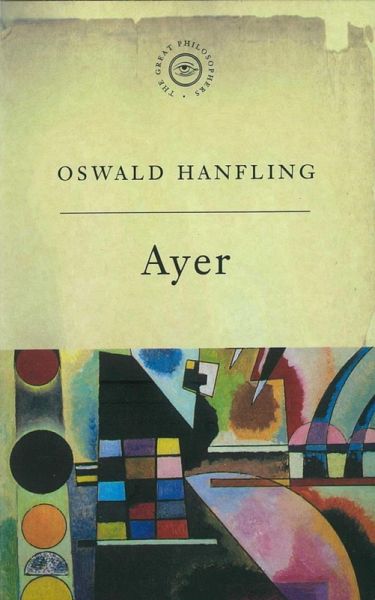
The Great Philosophers: Ayer (eBook, ePUB)

PAYBACK Punkte
0 °P sammeln!
Part of the GREAT PHILOSOPHERS series.A.J. Ayer 1910-1989Ayer is best remembered for Language, Truth and Logic (1936), which introduced British and American readers to the logical positivism of the Vienna circle. Hanfling shows in this introduction to Ayer's work how he turned this philosophy into a form of British empiricism in the tradition of Hume.According to Ayer, philosophy is an activity of analysts. Metaphysical truths can be neither established nor refuted by philosophical enquiry: they are meaningless. In support of this claim, he deployed his 'principle of verifiability'. But he fou...
Part of the GREAT PHILOSOPHERS series.
A.J. Ayer 1910-1989
Ayer is best remembered for Language, Truth and Logic (1936), which introduced British and American readers to the logical positivism of the Vienna circle. Hanfling shows in this introduction to Ayer's work how he turned this philosophy into a form of British empiricism in the tradition of Hume.
According to Ayer, philosophy is an activity of analysts. Metaphysical truths can be neither established nor refuted by philosophical enquiry: they are meaningless. In support of this claim, he deployed his 'principle of verifiability'. But he found it difficult to refine the principle 'in such a way as to find a middle ground between [an] over-strict requirement' which would disqualify perfectly ordinary statements as meaningless, and 'the over-indulgent licensing of gibberish' - including that of metaphysics.
A.J. Ayer 1910-1989
Ayer is best remembered for Language, Truth and Logic (1936), which introduced British and American readers to the logical positivism of the Vienna circle. Hanfling shows in this introduction to Ayer's work how he turned this philosophy into a form of British empiricism in the tradition of Hume.
According to Ayer, philosophy is an activity of analysts. Metaphysical truths can be neither established nor refuted by philosophical enquiry: they are meaningless. In support of this claim, he deployed his 'principle of verifiability'. But he found it difficult to refine the principle 'in such a way as to find a middle ground between [an] over-strict requirement' which would disqualify perfectly ordinary statements as meaningless, and 'the over-indulgent licensing of gibberish' - including that of metaphysics.
Dieser Download kann aus rechtlichen Gründen nur mit Rechnungsadresse in A, B, BG, CY, CZ, D, DK, EW, E, FIN, F, GR, HR, H, IRL, I, LT, L, LR, M, NL, PL, P, R, S, SLO, SK ausgeliefert werden.





